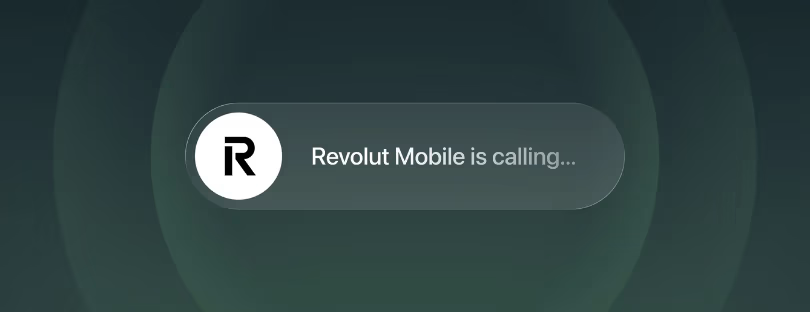
MPT, Ooredoo, Telenor, Mytel advise mobile customers on how to keep data secure
Myanmar’s operators, MPT, Ooredoo, Telenor and Mytel have teamed up to increase awareness of various types of telecommunications scams and educate all mobile phone users. Mobile phones are now capable of holding a lot of sensitive information, such as access to personal data, mobile banking applications and phone balances. It’s more important than ever to know how to keep data on your mobile phone secure. data secure myanmar
With the high penetration of mobile phones, Myanmar has risen to become an attractive target for both national and international criminals. These criminals are taking advantage of the genuine and trusting nature of Myanmar people to commit theft and fraud.
Protecting customers from mobile phone scams remain a top priority for all Myanmar operators. At the same time it is important that users know how to identify fraud and what measures they can take to protect themselves.
Can you recognize scam phone calls and understand how scammers trick people?
Mobile phone fraud involves a variety of different scams that persuade you to:
- buy phone-related products/services that turn out to be substandard or non-existent;
- make costly phone calls to premium services by accident;
- get access to your personal pin or passwords,
- unknowingly sign up to expensive subscription services.
There are a variety of frauds that target you on your mobile phone. Over the last few weeks, the “missed call“ and “smishing” scams have been on the rise.
“Missed call” scam
- Your phone registers a missed call (and sometimes you will receive an SMS as well). You don’t recognize the number, so you call it back. At this moment you may be redirected to a premium rate service which can cost up to Be aware: When your phone rings and it looks like a local call, you may be more likely to answer. Scammers count on this and can easily use computer software to make fake caller ID numbers.
“Smishing” scam
- In this case you receive an SMS that appears to be from a legit source, like your bank. The message typically prompts you to click on a provided link to update your account information, get a special offer or to complete some other type of urgent task. It is all about getting you to send all your personal information directly to criminals. It is important to be aware that no bank or mobile operator will ask you for personal information. If you are in doubt, you should call directly to your service provider to check.
“Customer care” or ‘Winning lottery” data secure
- This type, involves someone contacting you claiming to represent a reputational company. During the call, they will try to convince you to give away your password or pin. One method is to claim that they have identified some technical problem that they need access to your account to check. Another ongoing scam is to congratulate you with winning a prize that they want to transfer to your account if they get details. If they get access to your account, the criminal will immediately transfer your entire balance.
Protect yourself and your mobile from fraud
It is increasingly important that all mobile phone users raise awareness on how to protect themselves and their mobile from fraud and other criminal acts as each individual subscriber is responsible for keeping their personal information secure. To help all users, the mobile operators in Myanmar have jointly provided the following advice
- Never allow applications or files to be installed from unknown and untrusted sources – unintentionally, you can let malware to sneak something dangerous into your system. Depending on the type of malware, your personal information could be stolen, intruders could gain access to your mobile banking application, or secretly make calls to premium rate services.
- Avoid answering calls from international numbers that you cannot identify, especially if you are not expecting a call. If you answer such a call, hang up immediately.
- Hang up immediately on calls where there appears to be no recipient on the other end or where you are left on hold. data secure myanmar
- Never provide callers with your PIN, One-time-passwords, or regular passwords. Genuine service providers will not ask for this information. Do not provide any personal information – for example banking details/credit card details/name and address – to unverified callers.
- If you are in doubt, contact your service provider directly by using the contact information to customer care service or the official office. This information is usually found on the company website.
- Set up a password or passcode on your phone or tablet and keep it locked when you’re not using it.
- If your phone is stolen, inform your carrier immediately – they can deactivate your SIM remotely.
- Acquiring and using SIM cards from unknown sources may expose you to various criminal activities, like mobile phone fraud.
- Following regulations regarding SIM card registration can improve the security of all mobile users.
- If you sell your mobile phone or give it away, make sure you complete a factory reset to clear all your content from it.
- Ensure that your ID card is not used to register other SIM cards than the subscriptions in your possession. You might be held responsible if a SIM card registered with your ID card is used for criminal purposes data secure myanmar










